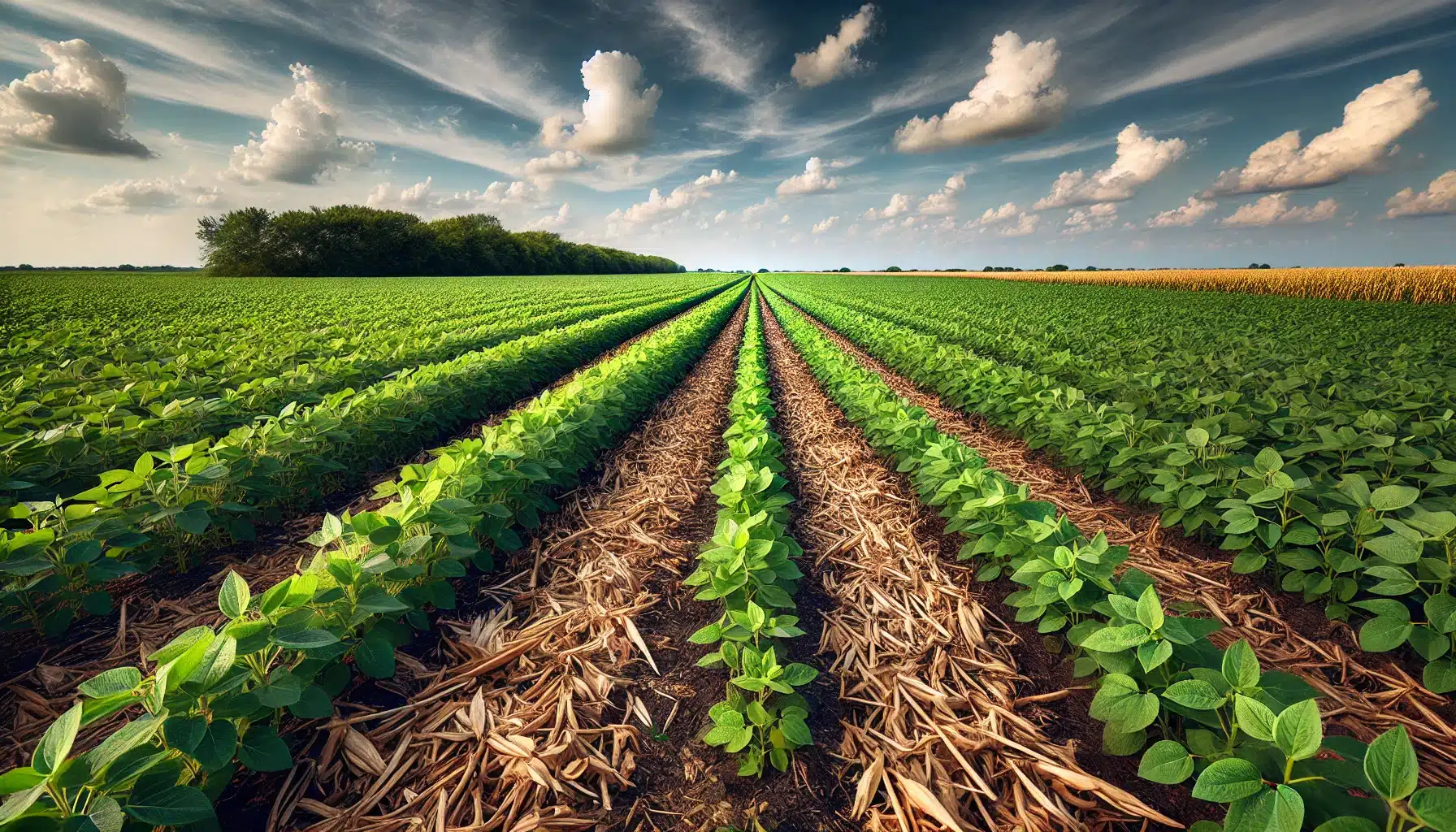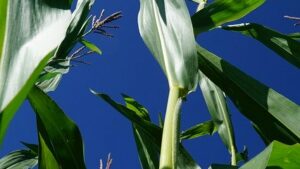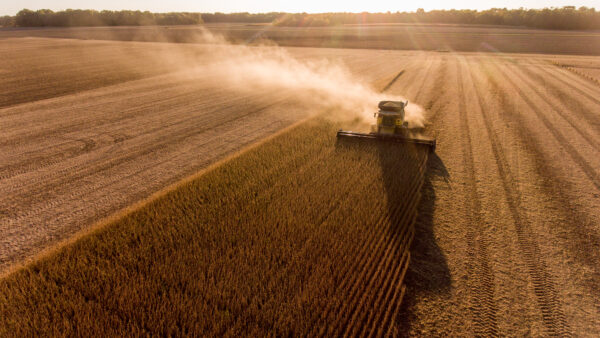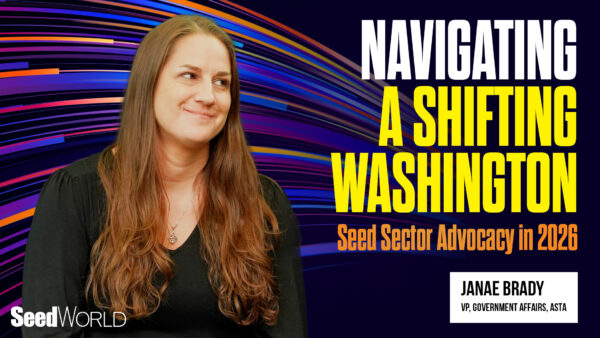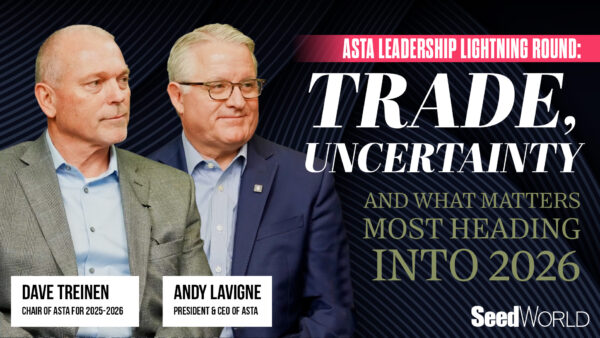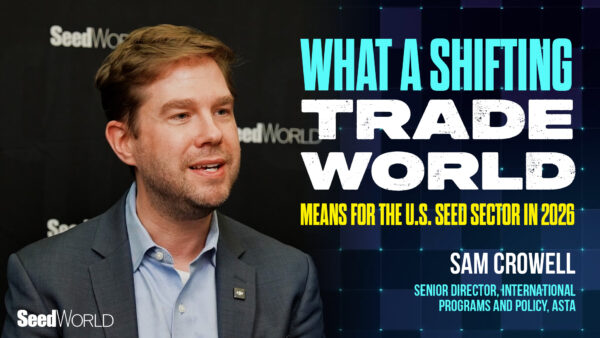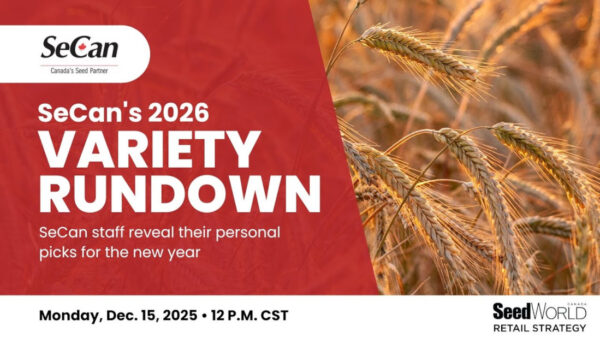Seed World Group’s president Shawn Brook sat down with IPSA president Todd Martin and IPSA executive director Cat Frans to talk frankly about the current state of the seed industry and what’s ahead.
As the world shifts toward the convenience of online shopping and big box retailers, there’s increasing talk about the potential demise of most independent retailers, seed companies included. Is the shift towards an Amazon future the end of independent seed companies as we know them? Not if independent seed companies position themselves right, said Seed World President Shawn Brook.
While the giants excel in providing speed and convenience, independent seed companies offer something that large corporations can’t replicate: a personalized buying experience rooted in deep connections with their customers. For many farmers, the decision to purchase seed isn’t just transactional; it’s part of a long-term relationship built on trust, service, and shared values.
IPSA President Todd Martin agreed, pointing to the fact that independent businesses still exist in other sectors despite a now multi-decade history of big box competition. “There’s been a lot said about the potential demise of independent seed companies, and I think that’s tremendously overstated.”
“There are still local hardware stores. There are still local pharmacies because of the buying experience… There’s a segment that’s going to Walmart for everything. There’s a segment that’s going to Home Depot. That’s not my customer. I want people who are looking for something more personal,” he said.
Part of that customer experience comes because of consistency that big companies can’t replicate. Martin said he was recently in a meeting with Rob-See-Co’s president Mike Peterson, who showed a photo of some of his company’s team.
“It was five years old and [it showed] like 15 or 20 people. From five years to today, there’s maybe one person who’s different. It’s a consistency of people and process and buying experience with… a lot of the seed companies, whereas I would challenge any of the other larger institutions to put up a picture of a group from five years ago and say, ‘where are we today?’” he said.
That’s exactly why those independent seed companies that will survive and thrive will define themselves not by offering the lowest price or even the highest performance, but by offering the best buying experience. “We can’t as independent seed companies focus on the idea that ‘I have to have the lowest price in the marketplace’, or ‘I absolutely have to have the very tip top seed’,” Martin said. Instead, companies should focus on finding the seed that best suits that individual customer’s needs: an area that independents are uniquely positioned to achieve.
Still, Brook said independent seed companies need to be prepared for a dramatically changing marketing environment. Amazon has fundamentally changed marketing of everything from food to vacations to insurance and everything in between.
“In my head, I think ‘I’m never going to order a hammer online’, right? I’m going to go to the store and buy a hammer. But I will guarantee you that Amazon sells a ton of hammers. It’s already happening. How we’re going to buy things in the future is different than how we’re buying them now, and seed is not exempt from that,” Brook said.
(… watch IPSA Stalk Talk excerpt about whether independents have a role in an Amazon-powered marketing reality)
Stalk Talk BIG QUESTION 1: What’s the word on the street about what’s motivating seed companies?
Stalk Talk BIG QUESTION 3: How can an independent seed company prepare for the new reality?
Stalk Talk BIG QUESTION 4: Five years from now, who’s winning?


